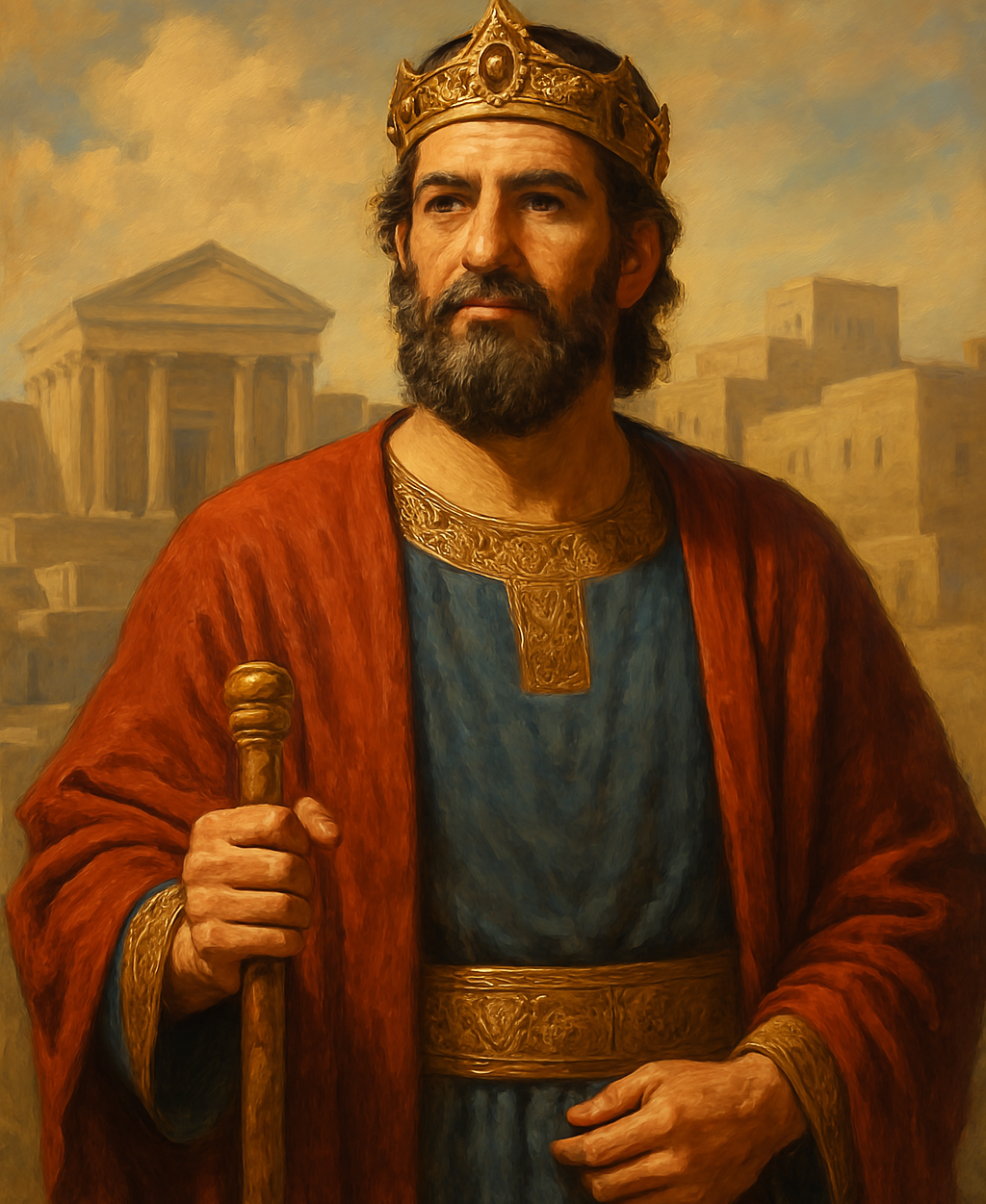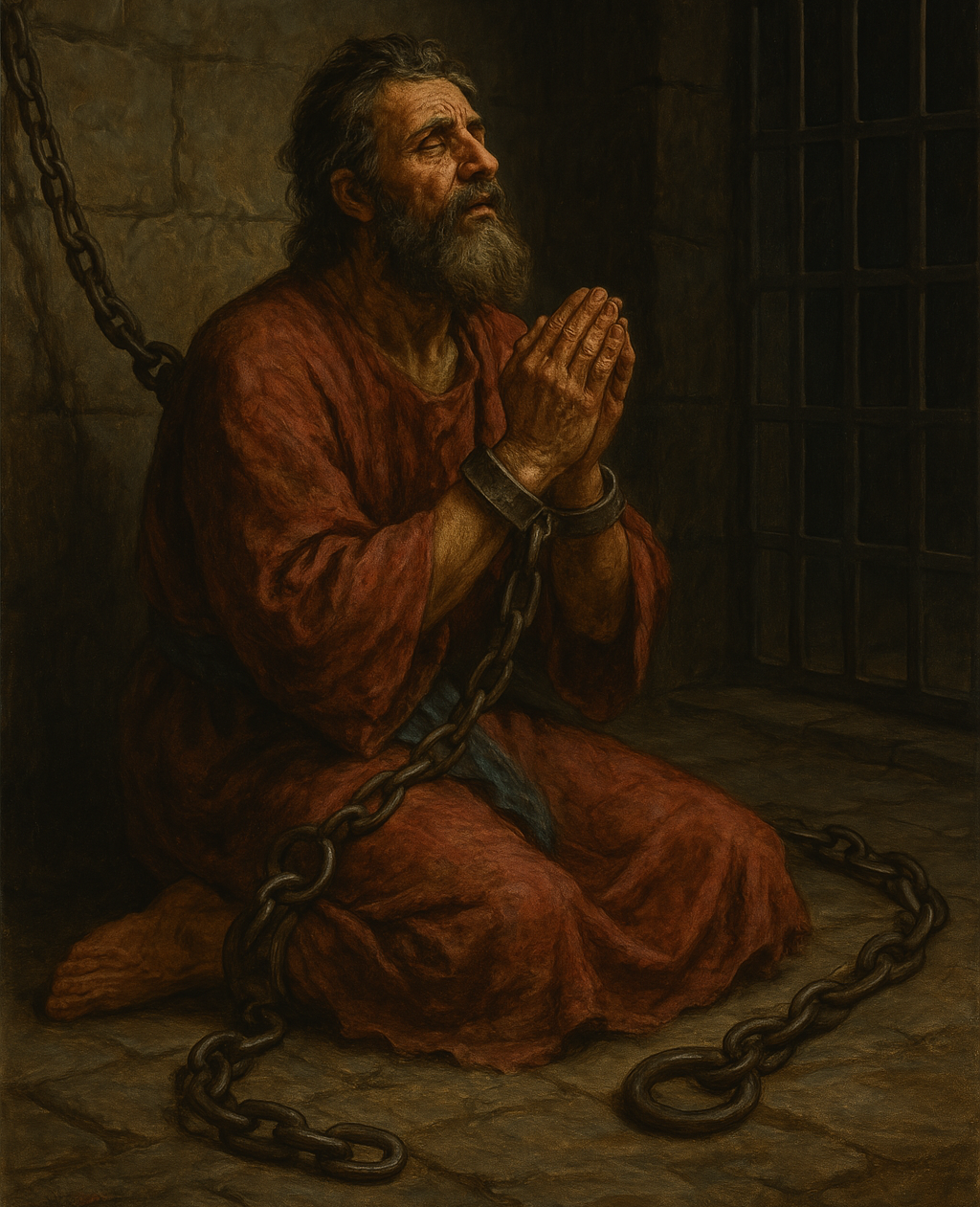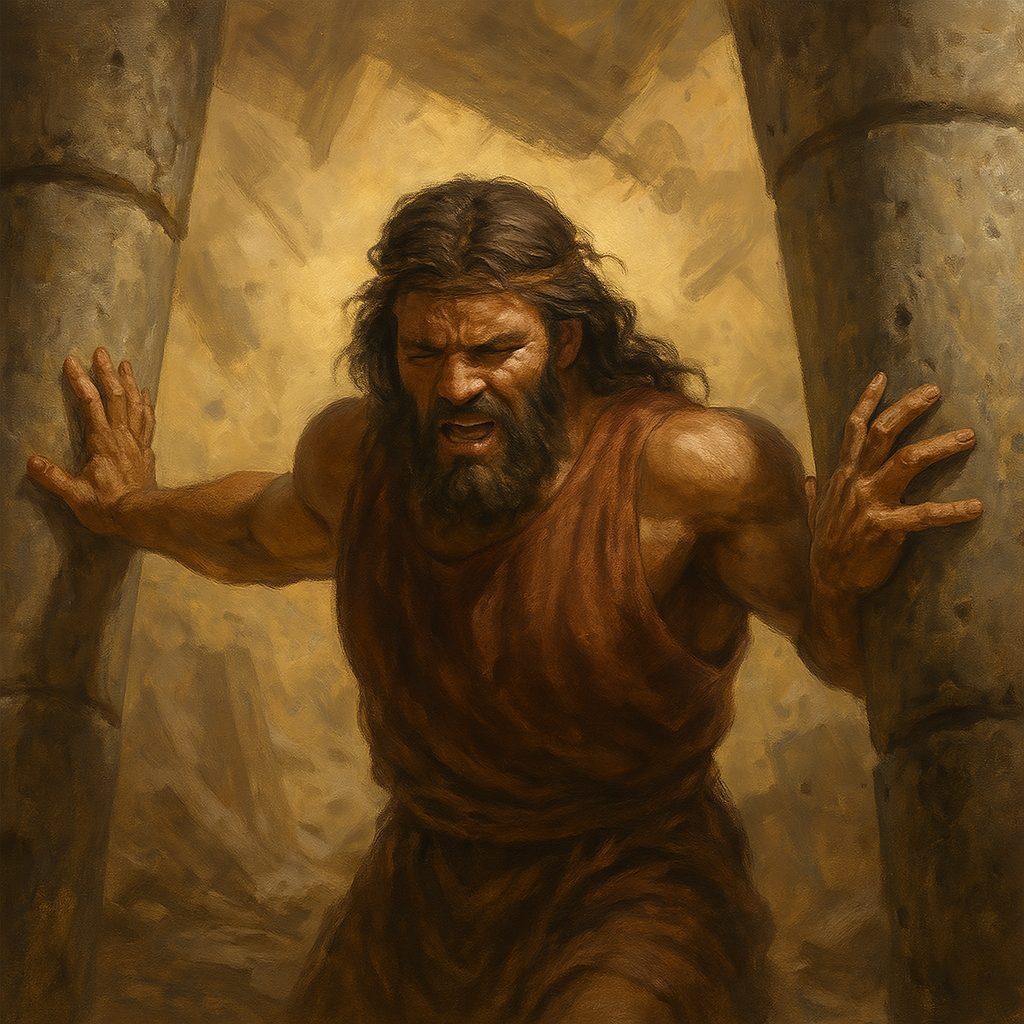Featured Story: The Evil King Manasseh

Manasseh , son of the godly King Hezekiah, was crowned king of Judah at just twelve years old ( 2 Kings 21:1 ). But unlike his father, Manasseh’s heart quickly turned to evil. For fifty-five long years, he led the nation into deep rebellion against God ( 2 Chronicles 33:1 ).
Every pagan altar his father had torn down, Manasseh rebuilt. Shrines to Baal and foreign idols filled the land—even within the temple courts ( 2 Kings 21:2–5 ). He went so far as to sacrifice his own sons in the fire to a false god called Molech ( 2 Kings 21:6 ).
The streets of Jerusalem ran red with innocent blood ( 2 Kings 21:16 ), and the people followed their king into apostasy. The voice of God was drowned out by the clamor of idols.
Prophets came, pleading with Manasseh to repent. But he hardened his heart and refused ( 2 Chronicles 33:10 ). His reign became a symbol of arrogant rebellion—unchecked and utterly corrupt.

The Day of Reckoning
Judgment finally came. The Assyrian army swept into Judah and captured Manasseh. They bound him with chains, pierced his nose with hooks, and dragged him off to Babylon ( 2 Chronicles 33:11 ).
Alone in a foreign prison, stripped of power and pride, Manasseh saw his life clearly for the first time. He was broken. Guilty. Undone. And there in that darkness, he cried out to the very God he had defied.
“God of my fathers, have mercy upon me! I have sinned. I have done evil in Your sight. Forgive me, O Lord!”
And then something astonishing happened. The God of heaven heard his cry and answered with mercy ( 2 Chronicles 33:12–13 ). He forgave Manasseh—and restored him.
From Prisoner to Preacher
Against all odds, Manasseh was released and returned to Jerusalem. But he was no longer the same man. The king who had once led the people into sin now led them in repentance.
He tore down the idols he had once raised, repaired the altar of the Lord, and called the nation to worship the true God again ( 2 Chronicles 33:15–16 ). His transformation was radical. Real. Redemptive.
Manasseh’s life stands as one of the most powerful reversals in Scripture. From bloodstained tyrant to humble worshiper, his story is proof that no one is beyond the reach of God's grace.
Grace for the Unworthy
This same grace is available today. No matter how far we’ve fallen, no matter how deep the pit, God’s forgiveness still reaches. Manasseh’s story declares the gospel in one voice: “Though your sins be as scarlet, they shall be as white as snow...” ( Isaiah 1:18 ).
Like Manasseh, if we humble ourselves, confess our sins, and seek the Lord, He will forgive. He will restore. “A broken and a contrite heart, O God, thou wilt not despise.” ( Psalm 51:17 ).
Scripture References
- 2 Kings 21:1–18 — The reign of Manasseh.
- 2 Chronicles 33:1–20 — Manasseh’s fall, repentance, and restoration.
- Psalm 51 — David’s psalm of repentance (applicable to all who seek forgiveness).
- Isaiah 1:18 — “Though your sins be as scarlet...”
- Romans 5:20 — “Where sin abounded, grace did much more abound.”



